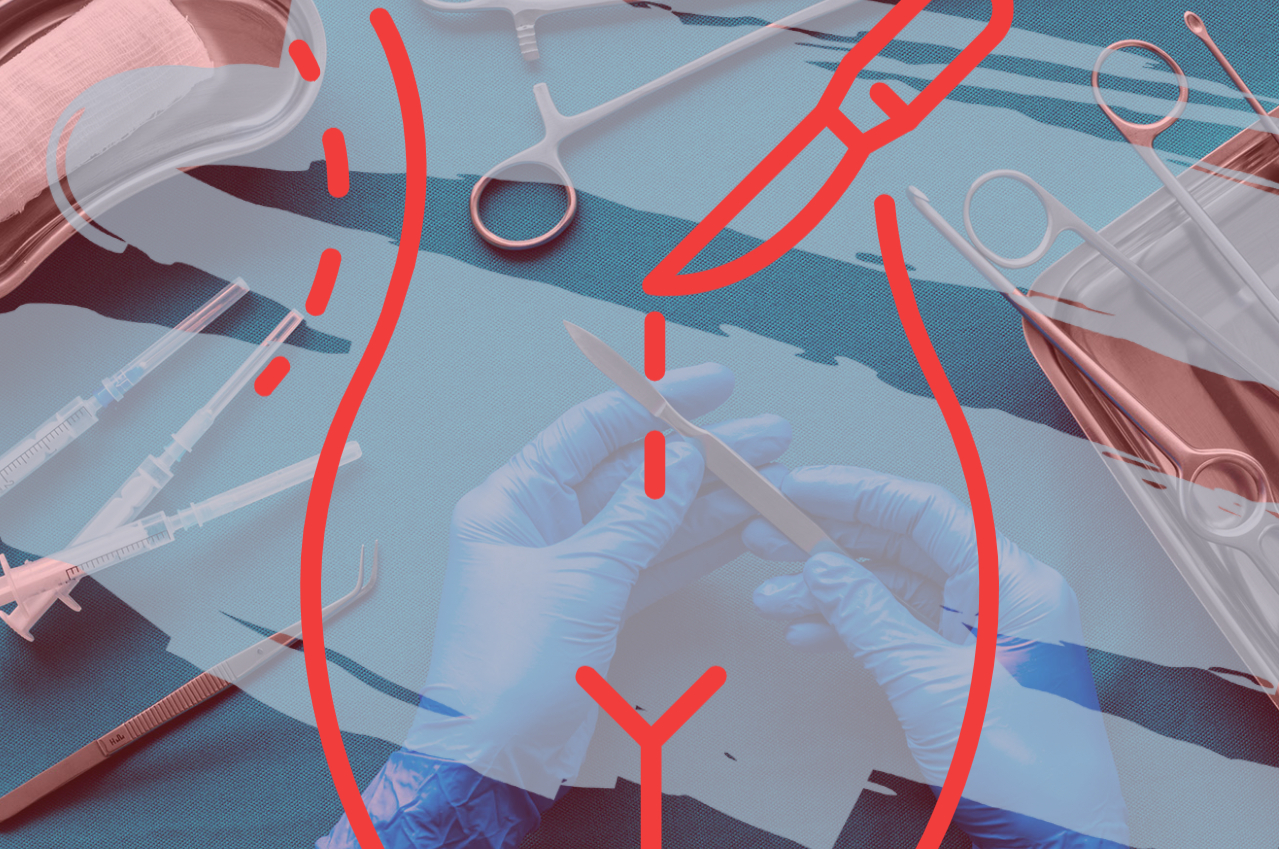Donda, Donda, Donda - Kanye West’s homonymous new album was released just a few weeks ago and it begins with a very haunting and beautiful chant of Donda West’s name. It is no secret the rapper has struggled over the years with mental health issues, so, for many fans, it was great seeing the musician back to spotlight for something other than tabloid-worthy news. The album itself is named after the rapper’s late mother and manager, a college professor who seems to have understood that the school is not, and should not be, the only place for learning. Even as an educator—or perhaps, exactly because she was one—Donda supported her son’s artistic endeavours from a young age. But among the celebration of his mother and her teachings, the songs in Donda are also laments on her absence. Donda West died back in 2007 after complications from a plastic surgery.
As you know by now, this volume of Levedura is about plastic surgery. This is never an easy topic to approach, but I was certain that our invited authors would come up with layered views for such an uneven theme. And they have. From interventions aimed at reaching impossible beauty standards, to reconstructive surgery in newborns, we have learned in this edition that plastic surgeries are frequently performed in diametrical contexts. But one thing that seems to be common on both ends is that plastic surgery is hardly ever seen as “real surgery.”
Plastic surgery, like most things in the world, is not a new concept, idea, or procedure. There are r ecords on reconstructive surgery being performed in India and Egypt in 800 BC and earlier. Pieces of skin being removed and reimplanted, noses being rebuilt, fractured lips being stitched closed. Indeed, the word “plastic” seems to come from the Greek word plastikewhich refers to the art of sculpting and modeling. I tend to believe that similar procedures must have been just as common in other parts of the world at the time. After all, modifying our bodies either permanently or momentarily is one of very few transcultural human traits that we have identified so far.
Back in downtown Porto Alegre, I walked by the same two or three streets every single day for about 8 years. And one of the many things that I saw every day during that time were clinics trying to sell cosmetic surgeries such as breast implants, fat removal, and vaginal renewal procedures. To be honest, this description probably fits any other Brazilian big city. These cosmetic clinics are just…there. Amongst drug stores, groceries stores, bars, restaurants, hair salons, Nike products—both original and fake.
But now, as I stop and think about it, I find it weird to think about how common place these clinics have become. Well, I guess that it’s not as if they were performing open-heart surgeries… Right? It’s not real surgery… despite the very real blades, very real anesthesia, and very real blood involved. Not to mention the very real, irreversible deaths that happen every year as a result of surgical malpractice and negligence.
In Brazil, and as far as I know, in all the United States, there are no clear rules about which pre-op exams a doctor has to mandate before performing a surgical cosmetic procedure. Guidelines do exist, but they are not mandatory. Surgeons are free to choose what aspects of your health, and how far back in your health history they want to dig before giving you a green light to undergo a cosmetic surgery. In the case of Donda West, and in the case of many other people, an extensive and detailed health screening would probably have deemed them unfit for plastic surgery due to pre-existing health issues. Perhaps, finding out about an unknown disease in pre-op could potentially even have extended their lives. It could have been the opportunity for them to treat an unknown heart condition, or a blood clotting condition before it was too late.
But this is not how the story went. In California, the death of Donda West did spark a social debate about pre-screening before cosmetic surgeries, but the Donda West Law, approved in 2010 is more of a poor consolation and a homage than an actual regulation on surgical practices. Even though the regulation “prohibits doctors from performing elective cosmetic surgery without a physical examination and clearance from a medical professional,” it also says that “violating the provision does not constitute a crime.” In effect, a violator would be judged by a medical board, but they would not face criminal charges.
So, this is not meant to be a wake-up-call kind of article. This is a personal reflection on how plastic surgeries are one of many areas in science and medicine where we need to invest in health literacy and better, more explicit regulation. This is not a plea for women to reconsider undergoing aesthetic procedures. This a plea for policy makers, researchers, doctors, surgeons to make sure that information is communicated honestly and clearly to patients. Plastic surgeons must be held accountable for not screenings their patients – or for screening them and choosing to ignore the results. They know better than anyone, after all, that plastic surgeries are very real and consequential surgical interventions.
No medical procedure can ever be completely risk-free, of course—it would be foolish to think otherwise. But the fact remains that we can do much better when it comes to teaching people what their rights are, what risks they might face, and how to choose qualified clinics and doctors. After all, the hard truth is that every law named after someone is a law named after a victim of a tragedy, and no one man should have the power to decide how much caution is too much when it comes to someone’s health. But collectively, nós we do have the power to reduce these tragedies, and to praise amazing people through songs, not through laws.
Credits
“Kanye West’s 808s & Heartbreak @ The Hollywood Bowl – Night 1 (09/25/15)” by Justin Santos is licensed under CC BY-SA 2.0.

